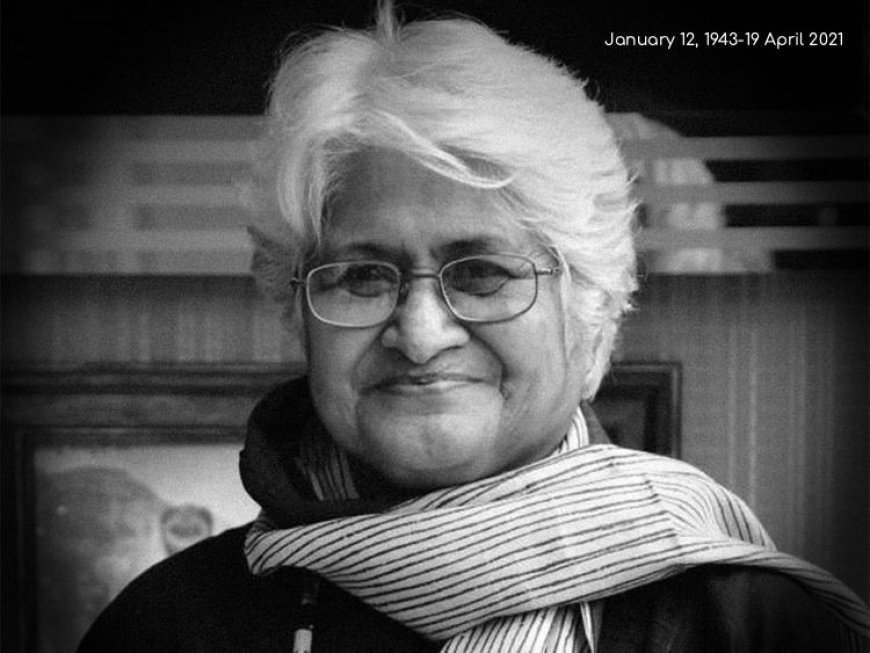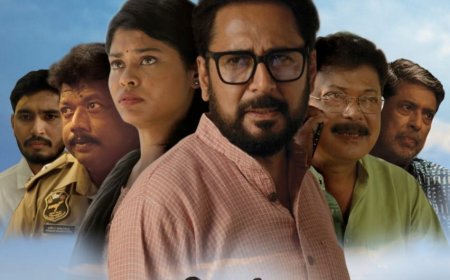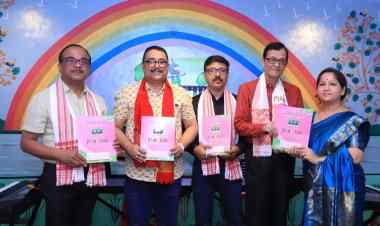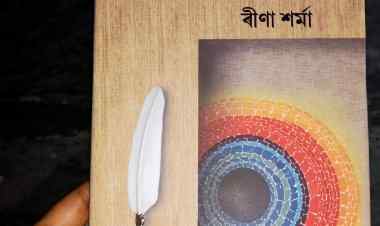Tribute: Sumitra Bhave
Dipankar Sarkar provides a heartfelt tribute to Sumitra Bhave, celebrating her legacy as a pioneering Marathi filmmaker whose empathetic and socially conscious films continue to resonate with audiences worldwide.

Noted Marathi filmmaker Sumitra Bhave was born on January 12, 1943, in Pune. Bhave's transition from a trained sociologist to one of Marathi cinema's most honoured filmmakers was as natural as it was inspired. With short films such as Bai and Pani, she entered the realm of filmmaking. Her life and work, particularly in collaboration with filmmaker Sunil Sukthankar, were an enduring testament to the power of cinema anchored in empathy, detail, and moral clarity. They made their first feature film, Doghi, in 1995, and from there, the two began a remarkable collaborative journey.
In the spectacle-obsessed landscape of Indian cinema, the duo shone like a diamond illuminating cinema with subtle human tales that were deeply rooted in Marathi culture. Their feature films, Vastupurush (2002), Dahavi Fa (2002), Devrai (2004), Astu (2013), Kaasav (2016), and Dithee (2021) provided insights on society, memory, identity, and the painful chasm between the ideal and a society in transition. Bringing empathy and insight to the characters of their stories, the duo have dedicated their career to observing characters mainstream filmmakers prefer to overlook.
Every film they’ve made since their groundbreaking debut has been immediately recognisable as theirs and theirs alone. This creative signature is discernible in both content and form. In film after film, they dealt with the challenging lives of troubled individuals. Shooting on location for the most part, Bhave and Sukthankar, concerned themselves with characters struggling, for one reason or another, simply to hold things together. And they did so through a determinedly realist aesthetic, which avoids explicit social comment, gratuitous narrative exposition, clumsy explanatory dialogue, conspicuously flashy editing effects or virtuoso camera movements.
Their film deals with agonised guilt of caste and memory and change through the chronicle of a Brahmin household, characters at ethical crossroads that questioned networks of power and silence, individuals battling bureaucratic corruption, philosophical questions regarding identity, memory, and the human-animal continuum, and individuals suffering from mental health issues, amongst others. In their final film, Dithee, the narrative style cuts two ways. On one hand, it is a film of domestic rhythms, concerns, and relationships. At the other end, it is also an intense and turbulent tale making use of several motifs that are ultimately harmonised by the protagonist’s spirituality. While narrating such poignant tales, they avoided spectacle and emotionality, instead using richly textured structures and an abiding faith in human strength. That was always the signature of their filmmaking—an elegant braid of the political and the personal, the social and the intimate
Their films have won multiple awards from the Maharashtra State Film Awards and National Film Awards, etc. Their films have also been screened at various International Film Festivals such as Cinema Delle Donne, Italy, Pune International Film Festival, Delhi International Film Festival, Indian Film Festival Stuttgart, amongst others.
Bhave breathed her last while undergoing treatment at Sahyadri hospital, Pune, for lung infection, on 19 April 2021. She is no longer with us, but her films still breathe—whispering truths, raising questions, and demonstrating, in the most delicate manner, what it is to live with honour in a broken world. The deeply affecting cinema of hers has taught us the beauty of powerfully rooted storytelling, and the strength of cinema that speaks resonantly to its viewers.
*****
What's Your Reaction?

































































